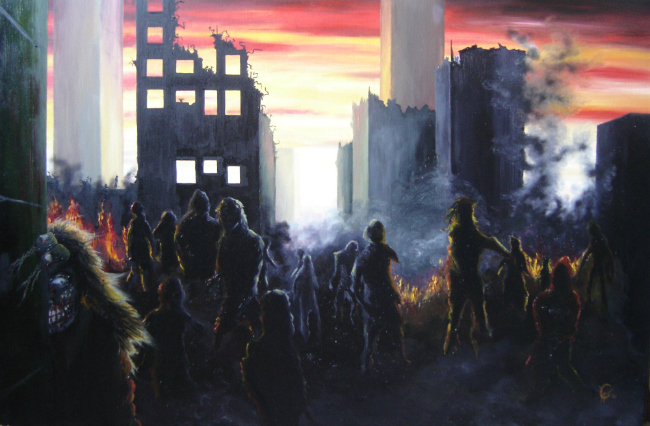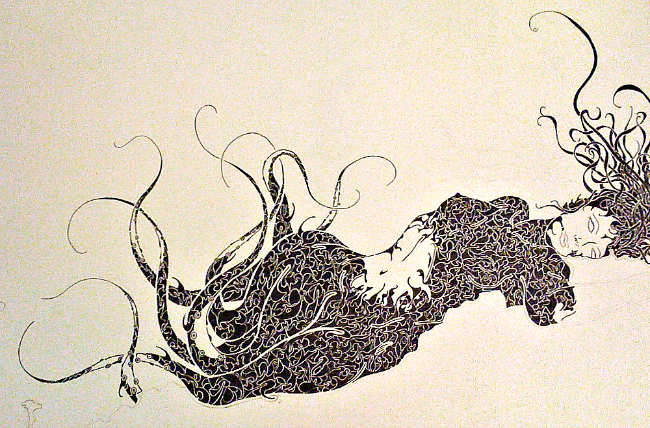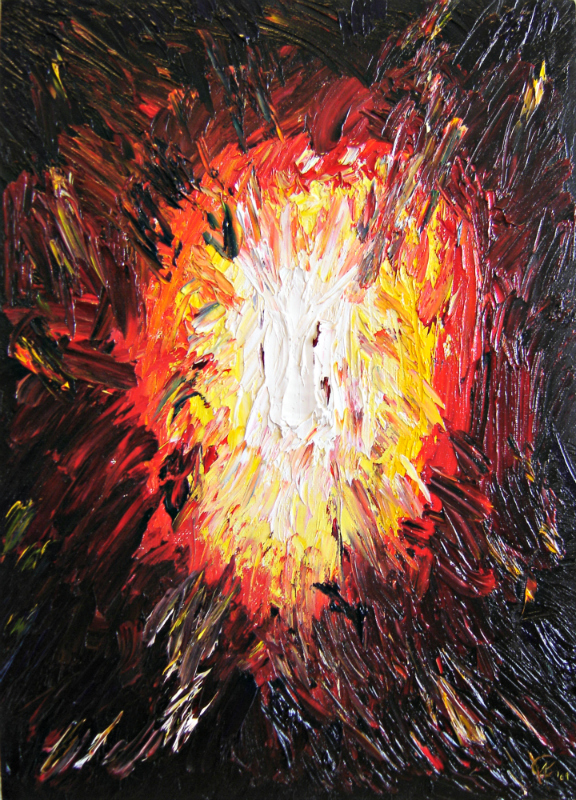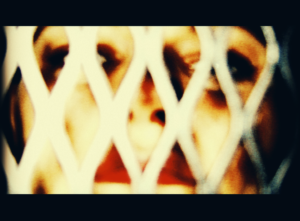Why I Believe I’m Created to Create
What does "created to create" mean, anyway? Why is it important? What does it have to do with writing? Today I'm discussing how the spiritual relationship with words helps define the writing life.
This is pretty much the essence of how I feel about writing:
“It feels like a gift from the universe to you. And maybe it is. …(Y)ou’re so far into the thing you’re doing that in that moment, everything else doesn’t matter. I’ve gotten this feeling from other things, but where I get it the most is when I’m writing.
“It’s a relationship with words, essentially. I have one and it manifests itself through my fingers, usually onto a computer screen but occasionally with pen and paper. It’s a relationship in which I feel defined, in no small part because in the act of writing I have been able to define myself, to myself and to others.”
–John Scalzi
The Thanksgiving Advent Calendar, Day Eighteen: Writing
Having a Little Faith
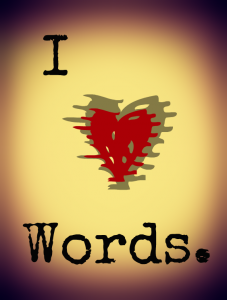 In my Twitter bio, I tell the world that I am “created to create.” If you search my blog for that phrase, you’ll find a bunch of posts in which I use it. It’s a phrase that’s
In my Twitter bio, I tell the world that I am “created to create.” If you search my blog for that phrase, you’ll find a bunch of posts in which I use it. It’s a phrase that’s near and dear to my heart lodged at the very core of my being.
“What’s the because?” you ask.
(Or maybe you use proper grammar and cock your head while stroking your chin, saying, “Courtney, dear, do please elaborate: What is the reason that this phrase resonates with you so?”)
At the end of this post, you will find a link to my Confessions of my creative sins. In these Confessions, I talk a lot about my faith and its effect on my life and my art. Some of this effect has been, on the surface, horribly detrimental to me as a human being and to my expression of my creativity — on the surface. Two things of great import are worth noting here:
1. The detriment was a result of my misunderstanding of “faith” in general and of the principles of my own faith in particular.
2. The detriment has proven itself superficial because I’ve learned so much and grown so much stronger as a result of the dark times. The surface was deadly…but the depths are invigorating, rich, fulfilling, and teeming with life.
I don’t often discuss my faith on this blog; I know that’s not why most of you come here. But if you’re interested in my writing and/or in me as a writer/human, I suspect that hearing the occasional tidbit about my deeper beliefs isn’t going to drive you away. Feel free, though, to correct me on this if I’m wrong. ; )
And, yet again, “What’s the because?” What’s the connection between all of this faith stuff and the Scalzi quote above?
Created to Create
Well, here’s the connection in one shelle du nut:
I believe in God.
I believe in the very first statement of the Christian Bible’s Old Testament: “In the beginning, God created….”
I believe that it’s no coincidence that God-as-Creative-Being is the first thing we learn about him.
I believe that being “created in God’s image” means, in part, that we each are created to create.
I believe that “to create” means to put something into the world that wasn’t there before. That might be a story. Or a painting. An etching in wood. Something made of construction paper.
Or it could be an encouraging conversation with a friend. It could be a hug.
A kiss.
A smile.
When I watch my cat, I see her being exactly what she’s been created to be: She plays, she stalks, she hunts, she revels in sunshine, she interacts with her humans. In every facet of her being, she Is exactly what God created her to Be. When I watch her, I marvel at how easily she expresses God’s creativity at work in her. She doesn’t think about it, doesn’t analyze it, doesn’t worry if she’s “doing it right.” She doesn’t even do. She simply Is, and that is enough.
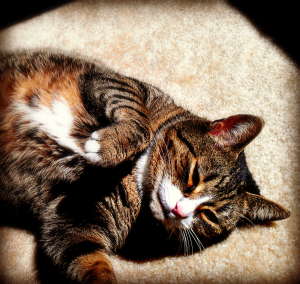
Me, I have a hard time being that simple. I have a hard time simply being. But my roots are digging ever deeper, and I am growing. I understand one thing for certain: I am created to create. The cat is Cat when she’s in the sunshine, on her back, with all four feet in the air, looking about as ridiculous as a feline can.
Me, I am Human when I’m in the sunshine of creativity, exposing my belly, baring my vulnerable heart to the world, making a fool of myself by letting others read the secrets of my soul in my written words. When I am Writer, I am expressing God’s creativity at work in me.
Scalzi says, “It’s a relationship in which I feel defined, in no small part because in the act of writing I have been able to define myself, to myself and to others.”
Me, I’m engaged in an ongoing love affair with my Creator. That affair, that Love, manifests itself in many ways — but one of its most significant manifestations is my Writing. When I am Writer, I am being exactly what he created me to be. This defines my Self — to myself and to others.
If you want to read more about how I came to these conclusions — if you want to see me bare the darkest times of my soul — my Creative Confessions are here.
___________
What about you, dear inklings? Any thoughts to share on faith and the writer’s relationship to the written word? Do you agree or disagree that every human is inherently creative? Whatever the roots of your own creativity — whether you call those roots spiritual or not — I’d love to hear from you in the comments.


